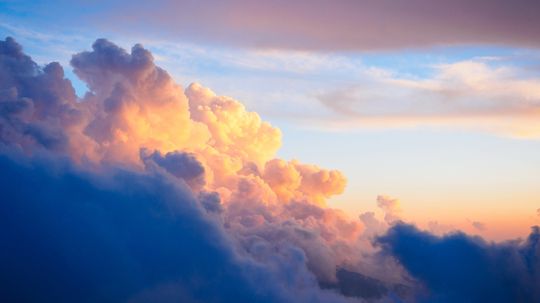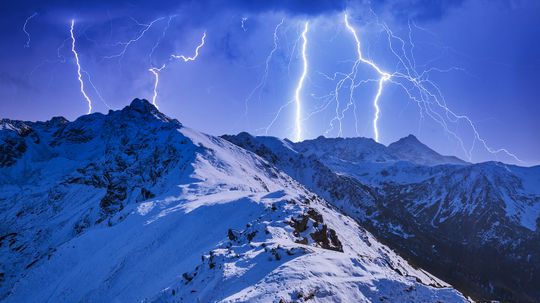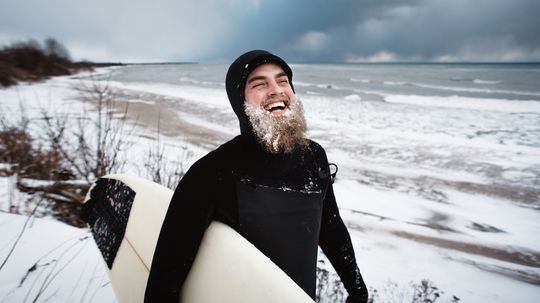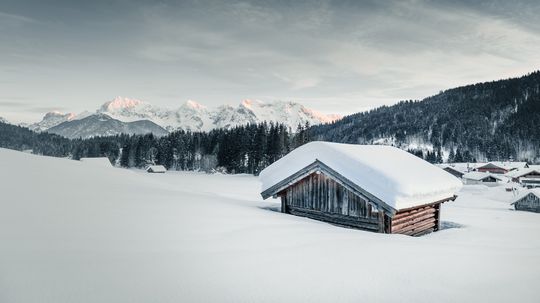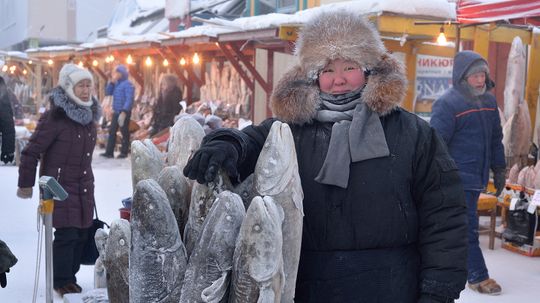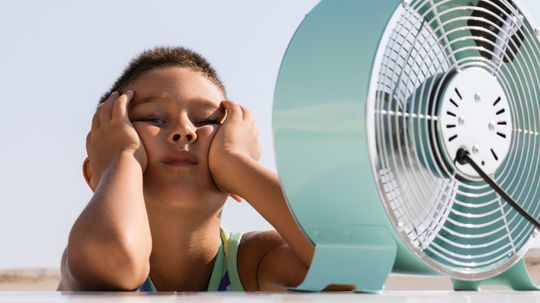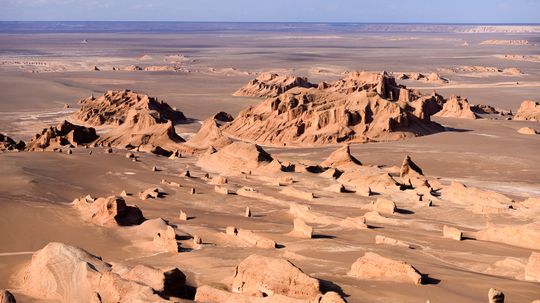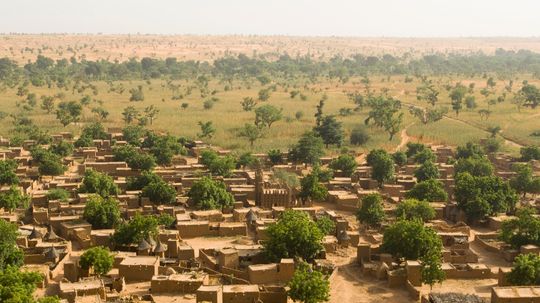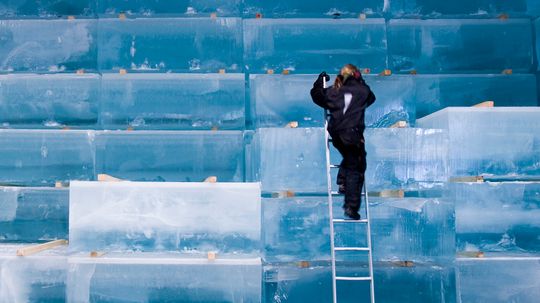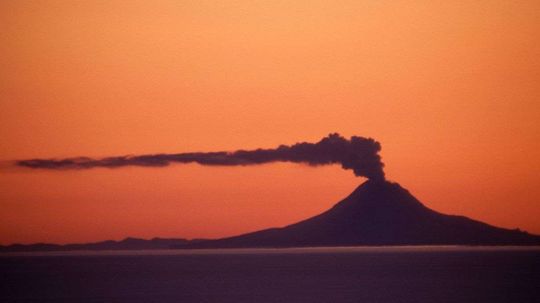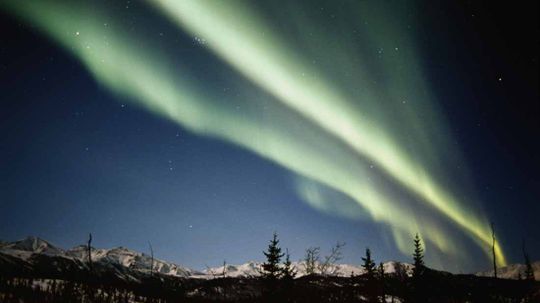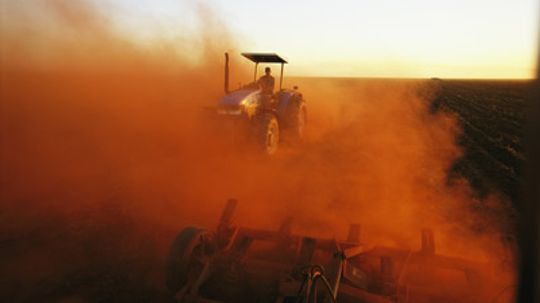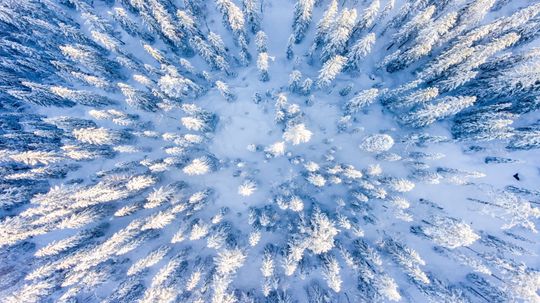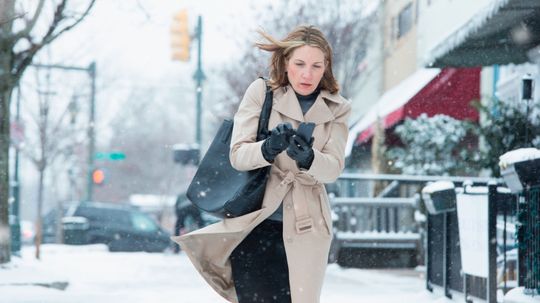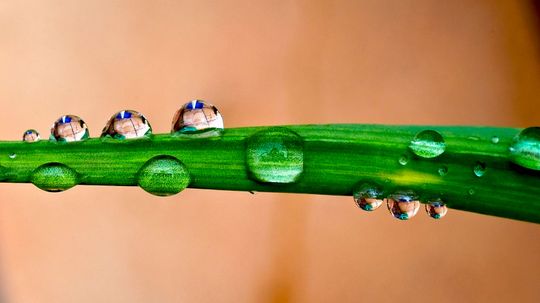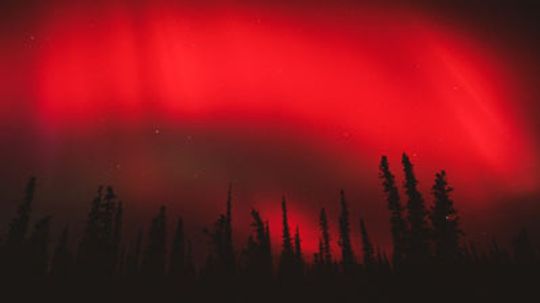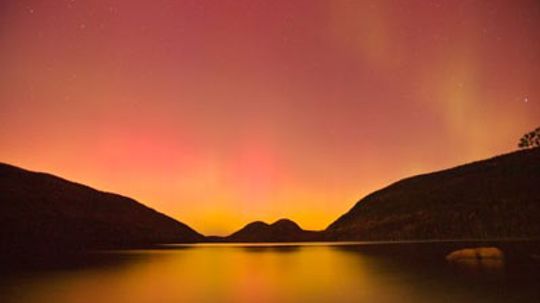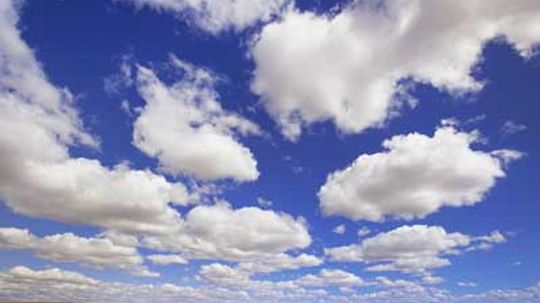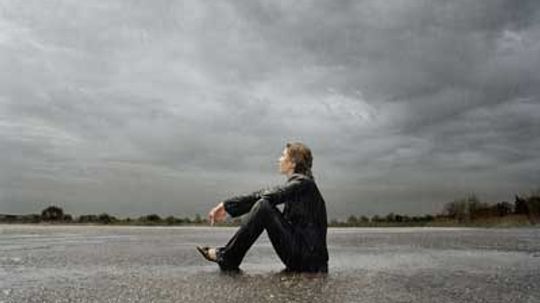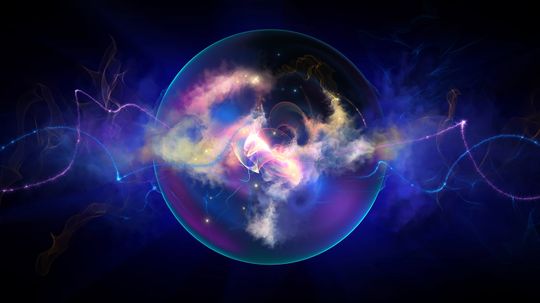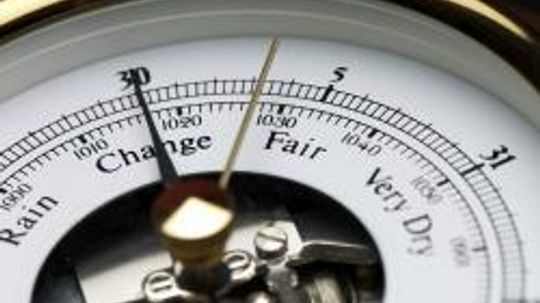Atmospheric Science
The atmosphere is the key to life on Earth. This thin layer is what protects us from the hostile environment of space. Here you can learn all about the atmospheric sciences.

How Is Barometric Pressure Measured and Why?
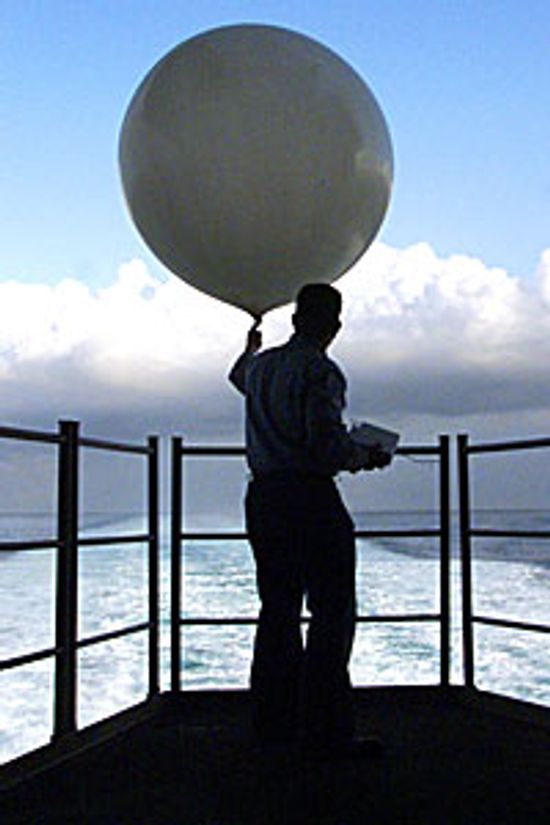
How a Weather Balloon Works?

How the Tornado Intercept Vehicle Works

10 States With the Best Weather Year-round

Find the Best Weather in the U.S. in These 8 Cities
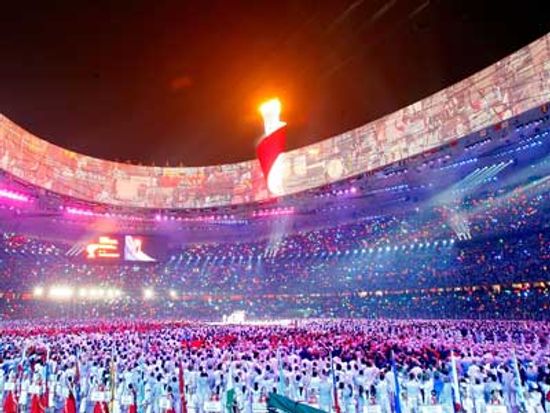
Can China control the weather?
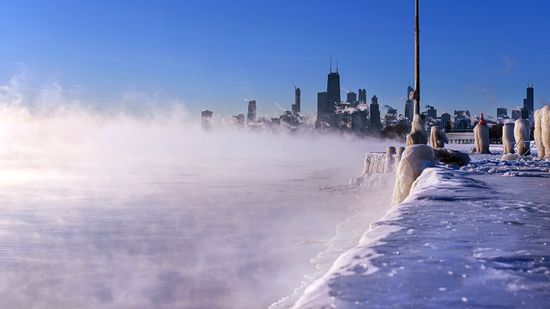
Polar Vortex: Everything You Need to Know About Falling Temperatures
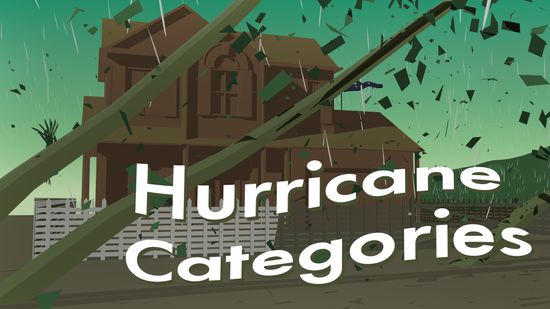
HowStuffWorks Illustrated: Hurricane Categories
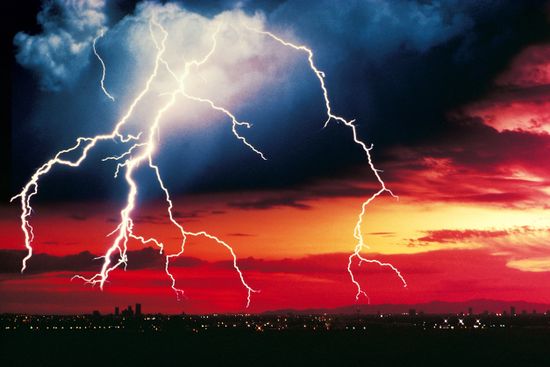
10 Myths About Lightning
Learn More
Clouds are more than just fluffy shapes in the sky; they tell us what’s happening in the atmosphere; Scientists classify different types of clouds based on their height, shape and whether they bring fair weather or severe weather.
By Zach Taras
This rare phenomenon, sometimes called a winter thunderstorm, occurs when a wave cyclone experiences strong upward motion. Freezing temperatures cause snow to fall as the primary precipitation, often leading to thundersnow, lightning and other dramatic meteorological events.
By Mitch Ryan
Over our long history, humans have managed to thrive in a wide range of climates, from the very hot to the very cold. The modern world is different in many ways from the ancient, but we still live pretty much all over, in places that are sweltering and places that are absolutely frigid.
By Zach Taras
Advertisement
As colder months and winter weather sweep across the country, each state in the U.S. prepares for their respective regional conditions. Temperature and the average amount of snowfall per year depend on several factors, including terrain, elevation and the likelihood of consistent precipitation.
By Mitch Ryan
If you're looking for a place to live and you don't mind some seriously frosty winters, you have plenty of options to choose from. But some places endure more than a few blustery months, and no parka or insulated mittens will feel like enough. Those are contenders for the title of coldest city in the world.
By Zach Taras
When discussing the weather, humidity is a constant topic of conversation and consternation, especially during those muggy summer months. When people say, "At least it's a dry heat," that's just another way of saying, "Phew! At least it's not humid!"
By Mack Hayden
When challenged to name the hottest place on Earth, sprawling desert environments like Death Valley or the African Sahara probably spring to mind. However, extreme heat nearly matching those examples can occur on five continents, and some of these hottest places are even densely populated by humans.
By Talon Homer
Advertisement
Death Valley is one of the hottest places on Earth. With a record high of 134 degrees Fahrenheit (56.7 degrees Celsius), the California national park is sweltering, but it is not even one of the top 10 hottest states in the U.S.
By Yara Simón
Did you know that some places on Earth can get so hot that local wildlife has evolved specifically to survive the extreme conditions? In these regions, the heat isn't just a summer wave; it's a constant presence.
Ice cubes usually look cloudy and opaque in the middle, despite the fact that water is clear. What's the deal?
By Mark Mancini
More than two centuries ago, the biggest volcanic explosion in human history occurred. And it had far-reaching effects.
Advertisement
Nothing ruins a good hair day like humidity, especially if your hair is dry and overprocessed. What's the science behind the frizz?
Auroras themselves aren't rare, but spotting one can be tricky: You need a clear, dark sky within one of the auroral zones. What are 10 spots that up the odds a bit?
By Julia Layton
When climate variations mix with unsustainable agriculture and urbanization, vast swaths of once-fertile lands transform into deserts. Is the U.S. in danger of becoming a dried-up wasteland?
You may have noticed signs on the highway that warn "Bridge Ices Before Road." What causes this to happen?
Advertisement
Snow is nothing more than frozen water, and water is clear, not white. But snow is bright white. How?
What is "wind chill"? Does it have any effect on inanimate objects?
We hear about humidity in just about every weather report on the nightly news. There are several different ways meteorologists measure humidity, but relative humidity is the most common measurement. What is relative humidity, though?
How does the aurora borealis (the Northern Lights) work? What causes it? Why can you only see it in the North? Are the myths about it producing sound true?
Advertisement
Auroras are stunning natural light shows that are visible only in certain parts of the world at certain times of the year. Where can you go to see one?
Did bunnies just attack that sailboat, or was it a narwhal playing with a school of fish? Are you going crazy, or are you just watching the clouds?
You might think of weather as something that happens around your life. It could prevent you from taking a bike ride or inspire you grab an umbrella on your way out. But there's more to weather than its ability to thwart the best-laid plans.
By Robert Lamb
Ball lightning can float through the air, pass through walls and even kill you. What could it be, and why are scientists finally accepting this strange meteorological phenomenon?
Advertisement
Barometers are used to predict the weather. What exactly does it mean when the weatherman says the barometer is rising or falling?
Rock salt is the go-to for melting ice on the roadways. But why?
